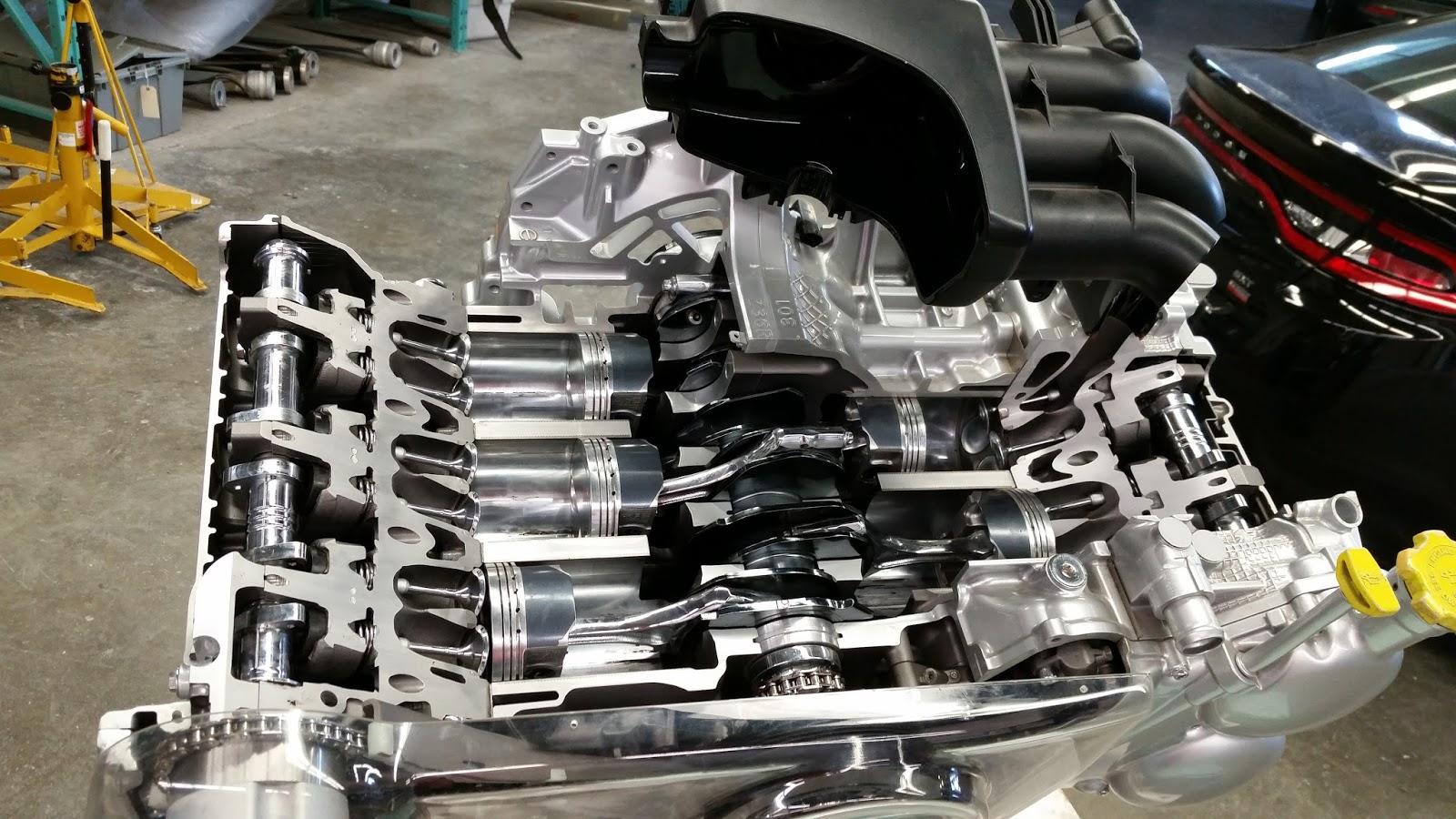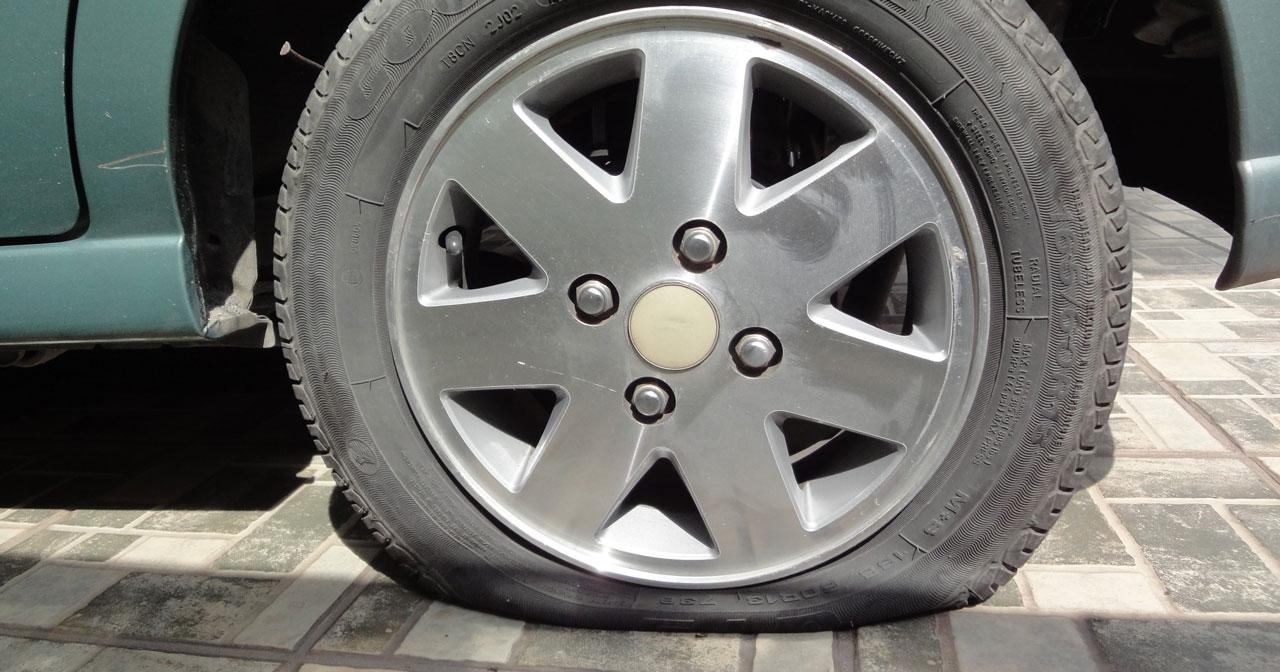Why Tractors Have Bigger Rear Wheels And Smaller Front Wheels?
The tractors have bigger rear wheels and smaller front wheels. Numerous factors make it beneficial for a better driving experience.
Tractors are sturdy and powerful machines. People use tractors for farming and pulling heavy things.
It has a super powerful diesel engine to tow heavy loads with ease. A tractor engine converts heavy revolution force into pulling power.
That is why a tractor runs at slow speed while pulling big and heavy loads. Tractors with two-wheel drive are perfect for farming and industrial purposes.
Let us find the reasons tractors have different size tires.
Why Tractors Have Bigger Rear Wheels and Smaller Front Wheels?
Tractors have a lot of work to do in the fields. Different sizes of tires help in making right contact with the ground surface.
A tractor can pull heavy weight without any trouble. The tires play an imperative role in the driving experience as well.
Big and heavy weights can be stuck into any surface. The two wheel drive with big rear and small front wheels prevent the tractor from sinking.
The manufacturers design tractors with rear wheel drive to balance the weight and power. Rear wheels offer stability to the tractor as well.
The reasons tractors have different wheels are:
1. Grip On The Ground
Bigger tires are the reason that tractors work perfectly on muddy fields. The tractors have bigger rear wheels to avoid slipping on the mud surface. A car always slips on the muddy ground due to small tires.
The reason behind it is the grip that a tractor rear wheel easily makes with the surface. Balancing the weight is much easier with broad tires. Rear tires on a tractor cover larger surface area to distribute the weight equally.
Heavy pulling load behind the tractor also produces great pressure on the rear wheels. It is necessary to increase the grip or traction with the ground. The bigger rear wheels do the gripping job flawlessly.

SEE MORE:
- Why are Truck Rear Wheels Concave & Front Wheels Convex? Find Out Here
- Does Car Wheel Size Make Any Difference While Driving? Know Here
2. Better Forward Visibility
Small size wheels in the front provide a better view in the forward direction. It is much easier to see everything when the tires are not in your way.
The driver seat is set at a higher position because of the bigger size rear wheels. According to experts maintenance tips, driving seats at higher elevations in rear wheel tractor makes farming easy.
A driver can easily see the corners of the fields and roads. It becomes easier to plough the land with better forward visibility.
3. Handling
Smaller wheels at the front offer better handling features to the tractor. One can easily turn through sharp corners in the field with small front wheels. Lesser radius makes it easy to handle the steering appropriately.
Rear wheels have a connection with the drive shaft. It covers maximum area while plowing and harvesting. You can take sharper turns with small front wheels while driving on city roads as well.

FAQs
-
What is the advantage of having smaller front wheels on a tractor?
Smaller front wheels on a tractor allow for better maneuverability and steering control.
They make it easier to turn the tractor in tight spaces and navigate through fields without damaging crops or causing excessive soil compaction.
-
How do bigger rear wheels help with traction?
Bigger rear wheels distribute the weight of the tractor and its attachments over a larger surface area, reducing the pressure on the ground.
This increased surface area improves traction by preventing the wheels from sinking into soft or muddy soil.
-
Are there different sizes of rear wheels for tractors?
Yes, there are various sizes of rear wheels available for tractors, depending on the tractor’s intended use.
Some tractors have larger rear wheels than others to suit specific applications, such as heavy-duty farming or construction.
-
Do all tractors have smaller front wheels?
Not all tractors have smaller front wheels, but it’s a common design for agricultural and utility tractors. Some specialty tractors used in niche applications may have different wheel configurations to meet specific requirements.
-
Can you explain the role of weight distribution in wheel size selection?
The size and weight distribution of tractor wheels are crucial for maintaining stability and preventing tipping.
Bigger rear wheels help distribute the weight evenly, ensuring that the tractor remains balanced, especially when carrying heavy loads.
-
Are there any downsides to having bigger rear wheels on a tractor?
While bigger rear wheels offer advantages in terms of traction and stability, they can increase the overall height of the tractor, making it less suitable for low-clearance applications.
Additionally, larger wheels may require more power to turn, affecting fuel efficiency.
-
How do front-wheel drive tractors differ in wheel size?
Front-wheel drive tractors have larger front wheels and smaller rear wheels compared to rear-wheel drive tractors. This configuration is used for specific purposes, such as lawn and garden tractors or small utility vehicles, where maneuverability is a top priority.
-
Can you change the wheel size on a tractor?
In some cases, it is possible to change the wheel size on a tractor, but it may require modifications and adjustments to the tractor’s design, including the axle and steering system.
It’s essential to consult with a qualified technician or manufacturer before making such changes.
-
What other factors influence wheel size selection for tractors?
Besides traction and stability, factors like the type of soil, terrain, and intended use of the tractor play a significant role in determining the appropriate wheel size.
Some tractors may have adjustable wheel widths to accommodate different conditions.
Check out this video from Tractor Tropia to learn why tractors sport those massive rear wheels and smaller ones in the front!
The Final Thoughts
There you have it! These are the top reasons tractors have bigger rear wheels and smaller front wheels. Different sizes of wheels distribute the weight equally on all the tires.














